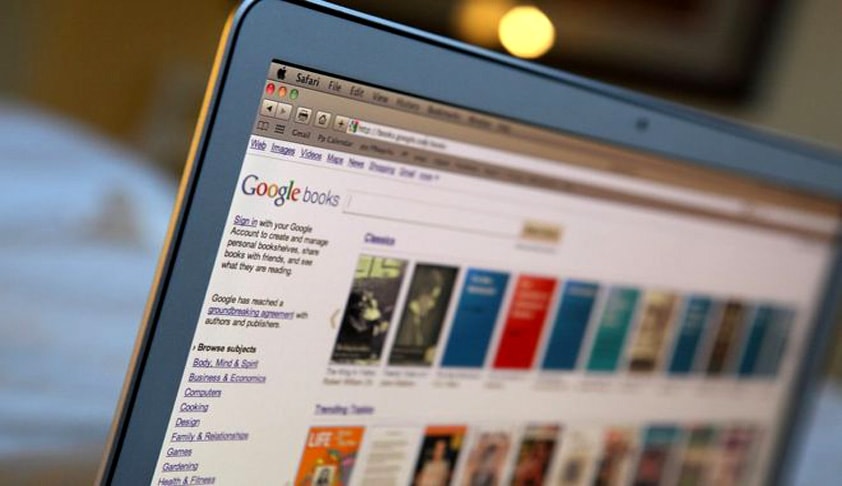- Home
- /
- News Updates
- /
- Google Book scanning project not...
Google Book scanning project not illegal : US Appeals Court
Ashok KM
17 Oct 2015 10:49 AM IST
US Appeals Court held that Google book scanning Project is not illegal. Affirming the judgment by the Court below, Leval, Judge U.S. Circuit Court of Appeals in New York, held that (1) Google’s unauthorized digitizing of copyright-protected works, creation of a search functionality, and display of snippets from those works are non-infringing fair uses. The purpose of the copying is...
Next Story



